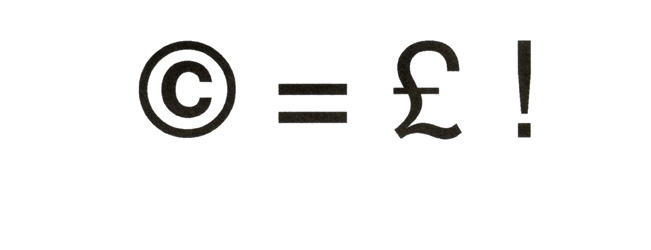 British Photographic Council industry survey shows the true value of photographers’ copyright
British Photographic Council industry survey shows the true value of photographers’ copyright
“Retaining copyright could be one of the best business decisions that freelance or self-employed photographers make, according to new research from the British Photographic Council.”
Earlier this summer the British Photographic Council undertook a survey of photographers across the UK, including NUJ members. The results were announced earlier this month. The survey was completed by 1,698 photographers who answered questions on their type of work, their income, and the threats to their businesses, and the results and analysis were prepared for the Council by NUJ member and photographer Nick McGowan-Lowe.
The results of the survey show that photographers who keep the copyright in their work earn on average 33.2% more than those who routinely give away their copyright to clients.
John Toner chair of the British Photographic Council and the NUJ’s Freelance Organiser said: “Copyright is not only the cornerstone of the creative industries, it is the foundation stone of creativity. Without it, creators would find it impossible to survive.”
The survey shows that 90% of photographers keep their copyright, even though three quarters of them had encountered clients in the previous year who believed wrongly that copyright belonged to whoever commissioned the photography. The survey also showed that while the corporate and business industry sector was most likely to pressure photographers to give up more rights, when adjustments were made for the relative size of each sector it was the Government and PR and Marketing agencies who were most likely to place pressure on photographers.
Three out of every five photographers knew of occasions where their copyright had been infringed during the previous three years with an average cost of just over £3,600 each. But many did not pursue these infringements, mostly because of the difficulties in bringing legal cases infringement of copyright. The great majority of photographers, 82%, said their businesses would benefit from a quicker and easier legal redress for copyright infringements.
More than half of all photographers said their businesses would be adversely affected by any ‘orphan works’ legislation. These were controversial proposals to allow photographs to be published without the copyright holder’s permission if the copyright owner could not be identified or traced. This was to have been clause 43 of the Digital Economy Bill rushed through in the “wash-up” period before the last Government was dissolved, but the clause was dropped after strong lobbying, not least by the Stop43 campaign.
Half of photographers also said current laws affecting photography in public places were a threat to their business. There have been numerous instances of photographers being stopped by police under provisions of the Terrorism Act, and sometimes on the spurious grounds of a non-existent general privacy law; 82% of photographers say their businesses would be adversely affected by similar additional legislation.
Demographic results show a predominantly male industry, with fewer than one in five photographers being female, and 91% of professional photographers who responded were freelance. But contrary to some expectations, staff photographers are earning significantly more than their freelance colleagues.
The average salary for a staff photographer was £34,535 – 83% higher than the equivalent average profit for a self-employed photographer of £18,821; 41% of staff photographers were paid between £20,000 and £30,000, compared to just 15% of freelances. Only 19% of freelance photographers made a profit of £30,000 or above, compared to 35% of staff photographers earning a salary of that figure or above.
The NUJ is a member of the British Photographic Council, which comprises representatives from photographic organisations.
More information is available at the British Photographic Council website:
Simon Chapman
